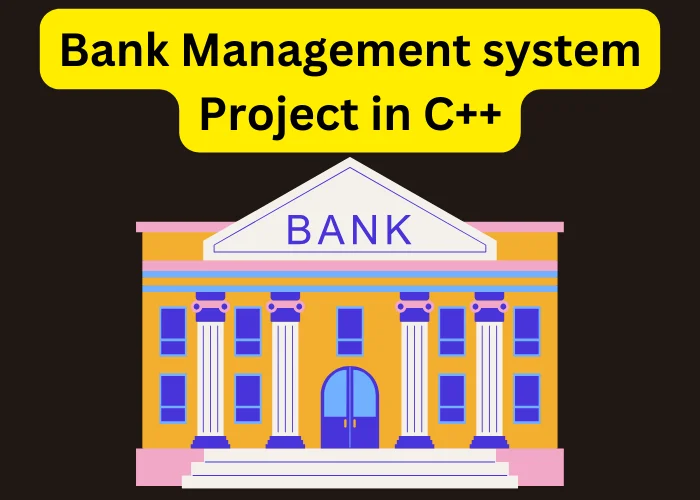Discovering the legal framework surrounding of adult education in India. As we delver into Rules, regulations, initiatives, and the transformative impact on individuals and society.

The importance of adult education cannot be magnified as it plays a very important role in enchanting individuals’ lives, driving socio-economic progress, and improving the overall quality of life and the lifestyle that we live. In India, the legal framework of governing the employment, scope, and impact of adult education is critical. This article aims to only analyze the legal framework and status of adult education in India.
Exploring Adult Education in India
Adult education, often referred to as “lifelong learning,” Surrounds a wide array of learning opportunities, And is designed to serve to individuals beyond traditional schooling ages. The legal recognition of adult education in India stems from the recognition that learning is a continuous process, irrespective of age. This recognition is encapsulated in various policies and regulations that underscore the importance of adult education in the country’s development
Legal Framework and Regulations
Impact on Individuals and Society
-
Empowerment: Adult education empowers individuals to break the cycle of ignorance and limited opportunities. It Individuals possess the necessary instruments to engage in economic, social, and political activities. Employment Opportunities: Acquiring new skills through adult education opens doors to better employment prospects, enabling individuals to contribute effectively to the workforce and the economy.
-
Community Development: Adult education enhances community cohesion and development. Adult education programs foster individuals who become champions for progress, sharing their knowledge and inspiring positive changes within their communities.📷


Read more…
Initiatives and Success Stories
Conclusion

The legal status of adult education in India underscores the nation’s commitment to holistic development and individual empowerment. The legal framework, encompassing acts, policies, and initiatives, paves the way for a society that values lifelong learning and recognizes the potential for growth at any age. As India continues to prioritize adult education, the landscape is poised to witness even greater positive transformation in the years to come.
FAQs
1. Is adult education legally mandatory in India?
No, adult education is not legally mandatory in India. However, the government and various organizations actively promote and support adult education initiatives.
2. Can adults pursue formal education through adult education programs?
Yes, many adult education programs offer opportunities for adults to pursue formal education, including completing basic education and obtaining certifications.
3. Are there any government incentives for adult education?
Yes, the Indian government provides incentives and financial support for adult education initiatives, particularly those focused on literacy, skill development, and vocational training.
4. Are there any age restrictions for participating in adult education programs?
No, adult education programs are designed to cater to individuals beyond traditional school-going ages. There are no specific age restrictions for participation.
5. How can adult education contribute to economic growth?
Adult education equips individuals with valuable skills, making them more employable and contributing to a skilled workforce, which in turn fuels economic growth.




